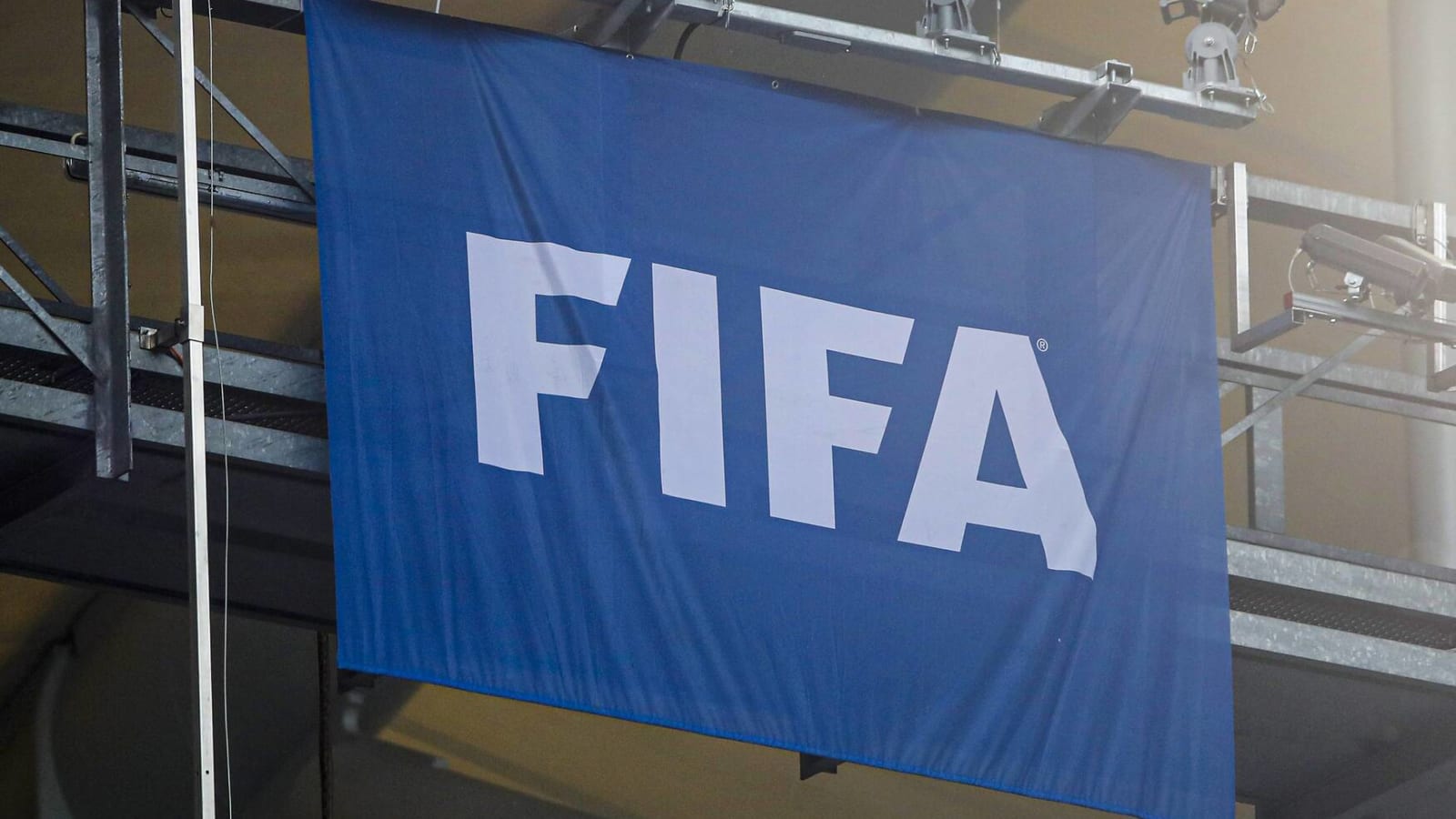
FIFA confirms tri-continental 2030 World Cup hosting lineup
When FIFA announced that Qatar would host the 2022 World Cup, many worried that the tournament would feel trapped and stilted in the small Arab country. All eight World Cup venues were located within 35 miles of one another — so close that FIFA president Gianni Infantino could easily travel between concurrent games during halftime.
Fans calling for a more spread out tournament have officially had their wish granted. After many years of debate, FIFA announced that its centenary 2030 World Cup would be held across three separate continents, the biggest and most disparate World Cup in the history of the tournament.
The majority of the tournament is set to take place in the Iberian region, split between Spain, Portugal and Morocco. While those three would make perfectly suitable hosts on their own, FIFA decided to give the opening three matches of the tournament to Uruguay, Argentina and Paraguay, all located in South America. Their reasoning? Tradition. The first edition of the World Cup took place in South America in 1930, and FIFA felt it fitting to honor that legacy by giving the region a few key games.
Morocco, Portugal and Spain will host the men's soccer World Cup in 2030, with three opening matches played in South America, FIFA says https://t.co/YDzozkGDLc
— CNN Breaking News (@cnnbrk) October 4, 2023
While Infantino has hailed this decision as "a great message of peace, tolerance and inclusion," the general public's outlook is not so rosy.
Many believe that by giving hosting responsibilities to Europe, Africa and South America, FIFA is intentionally accelerating the speed by which it can bring the tournament back to Asia, specifically to Saudi Arabia.
With Saudi Arabia currently standing as the only official bid for the 2034 World Cup, that theory appears to have merit.
Saudi Arabia has invested heavily in soccer in recent months. Its sovereign wealth fund became the majority owner of English club Newcastle United in October 2021, and its domestic league has signed players like Cristiano Ronaldo, Neymar, Karim Benzema and Sadio Mane. Many have accused Saudi Arabia of leveraging soccer (and other sports like golf and Formula One) to distract from its checkered human rights record, an increasingly common trick known as "sportswashing." Saudi crown prince Mohammed bin Salman hasn't backed down from these accusations.
"If sportswashing is going to increase my GDP by way of 1%, then I will continue doing sportswashing," he said. "I don't care...I'm aiming for another 1.5%. Call it whatever you want, we're going to get that 1.5%."
It's not just the sportswashing causing outrage over FIFA's World Cup plans. Environmental groups are denouncing the travel required to move the World Cup from Uruguay, Argentina and Paraguay to Spain, Portugal and Morocco in a matter of days.
After FIFA failed to deliver on the promise of Qatar 2022 being the first carbon-neutral World Cup, many environmental groups are wary about the organization's commitment to the climate.
"Fifa are saying one thing and doing another," said Freddie Daley of the New Weather Institute. "How can we take them at their word, when this tournament will mean more emissions, more flights and more climate damages?"
The tri-continental 2030 World Cup is expected to be ratified at next year's FIFA council. Saudi Arabia's 2034 bid should be ratified then too, unless another Asian or Oceanian bid emerges in the coming weeks. While Saudi Arabia's is expected to pass, Australia is thought to be considering a challenge after successfully hosting the Women's World Cup this summer.
More must-reads:
- The 25 best American-born men's soccer players of all time
- PSG superstar to potentially depart club with zero UEFA Champions League trophies
- The '2015 USWNT FIFA Women's World Cup team' quiz
Breaking News
Customize Your Newsletter
 +
+
Get the latest news and rumors, customized to your favorite sports and teams. Emailed daily. Always free!

